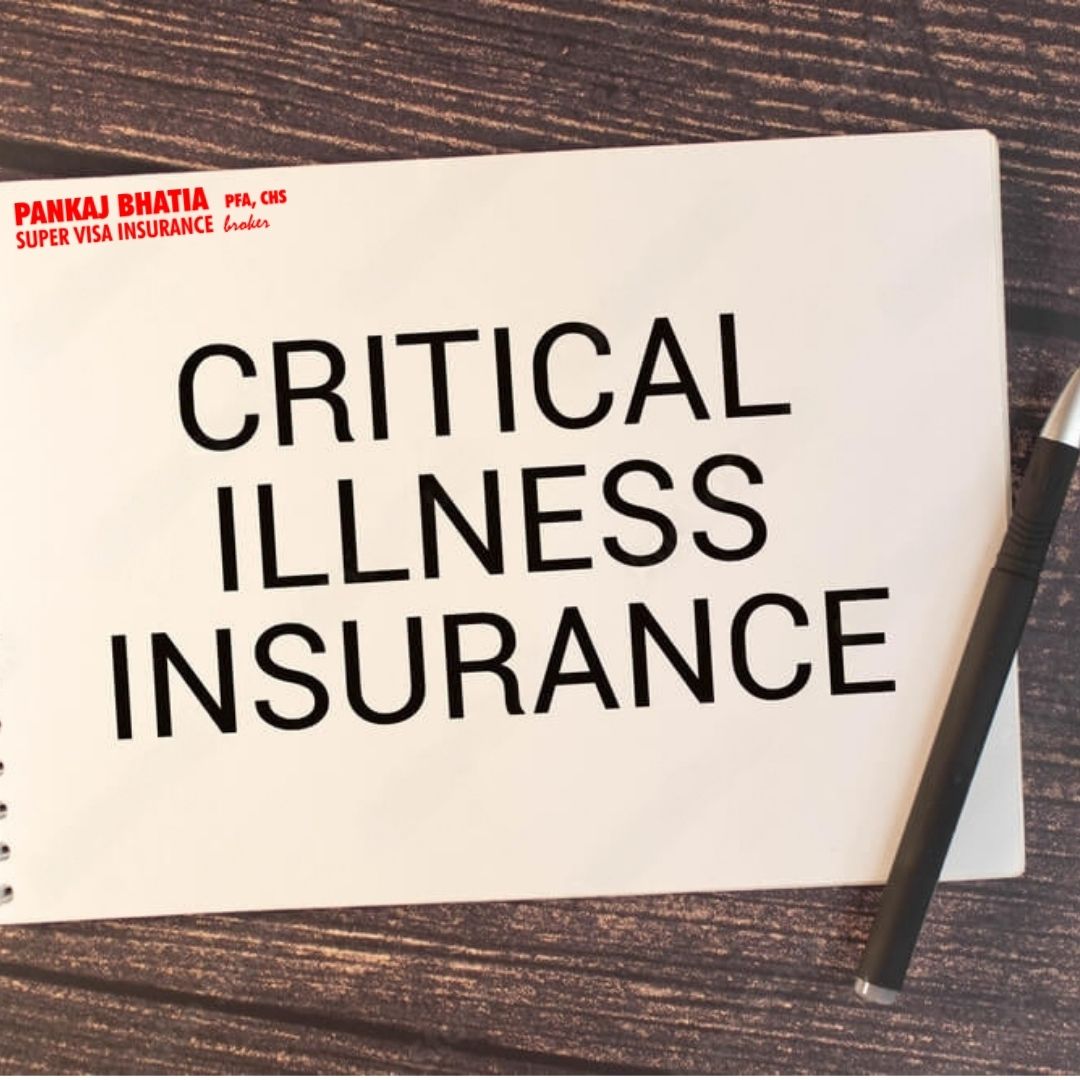
Everything you need to understand about critical illness insurance
As you delve into various insurance options, you might encounter Critical Illness Insurance, offering financial protection for severe medical conditions and emergencies. Tailored to individual needs, each policy considers factors like family medical history, policyholder’s health, age, and coverage extent. Rather than being intimidated by these factors, let’s explore further the benefits of this insurance type.
Benefits of critical illness
Insurance Critical Illness Insurance offers coverage for medical treatments and services not typically included in standard policies, providing access to essential resources. While employer-provided policies offer some assistance, they often have limitations. This insurance alleviates financial stress, allowing individuals to focus on recovery by covering everyday expenses such as transportation to treatments and home modifications. Moreover, it provides the flexibility to use funds for vacations, spending quality time with family, and managing terminal illnesses. Childcare costs are also covered, offering peace of mind during challenging times. Funds are disbursed as a lump sum, providing immediate relief for financial obligations in times of need.
Critical illness insurance coverage: a closer look
It offers coverage for various medical conditions, including cancer, heart attacks, heart surgeries, and organ transplants. However, the extent of coverage may vary depending on the policy. It’s essential to review your insurance policy to understand the specific illnesses covered and any limitations that may apply.
While critical illness insurance is typically affordable, it may come with limitations. For instance, not all types of cancer or chronic illnesses may be covered. Additionally, if an illness recurs, coverage may be affected, and adding more illnesses to the policy could result in higher premiums. Some policies also include a “minimum survival period,” requiring the policyholder to survive for a certain number of days after diagnosis before receiving benefits.
To make an informed decision, it’s crucial to explore all available options and thoroughly understand the details of the policy. If you believe Critical Insurance is suitable for you but is unsure whether to purchase it as a standalone policy, consider adding it to your existing coverage. Consulting a Super Visa Insurance Monthly broker can help you navigate the options and choose the right coverage for your needs while potentially saving you money.
Critical insurance: a lifeline in times of need
While none of us hope to encounter a critical illness, having critical illness insurance offers a crucial safety net. In the event of a diagnosis such as cancer or a heart attack, this coverage can shield you and your family from financial devastation.
This type of insurance provides coverage for severe medical emergencies, which often come with significant medical expenses beyond what traditional insurance covers. By bridging this gap, allows you to concentrate on recovery without the added worry of mounting expenses.
How critical illness insurance can assist you:
- Lump-sum payment: Receive a lump sum to cover medical expenses, travel costs, or support a family member taking time off work.
- Tax-free payout: Benefit from a tax-free payment to address various expenses.
- Cost-effective: Generally cheaper than traditional plans, though coverage may vary for specific illnesses.
- Peace of mind: Focus on recovery without financial worries, ensuring your family’s well-being.
- Additional assistance: Use benefits for counseling, family support, childcare, legal advice, and nutrition.
- Safeguard savings: Avoid depleting personal savings or retirement funds for medical bills.
Understanding critical illness insurance coverage
Critical illness insurance typically covers approximately 42 specified medical conditions. Depending on the policy and provider, coverage can range from one major illness to all 42 conditions. It’s essential to review policies carefully to find the most suitable one for your needs. For more information or assistance, please don’t hesitate to contact us. We’re here to help you make informed decisions about your coverage.

 647-640-2222
647-640-2222